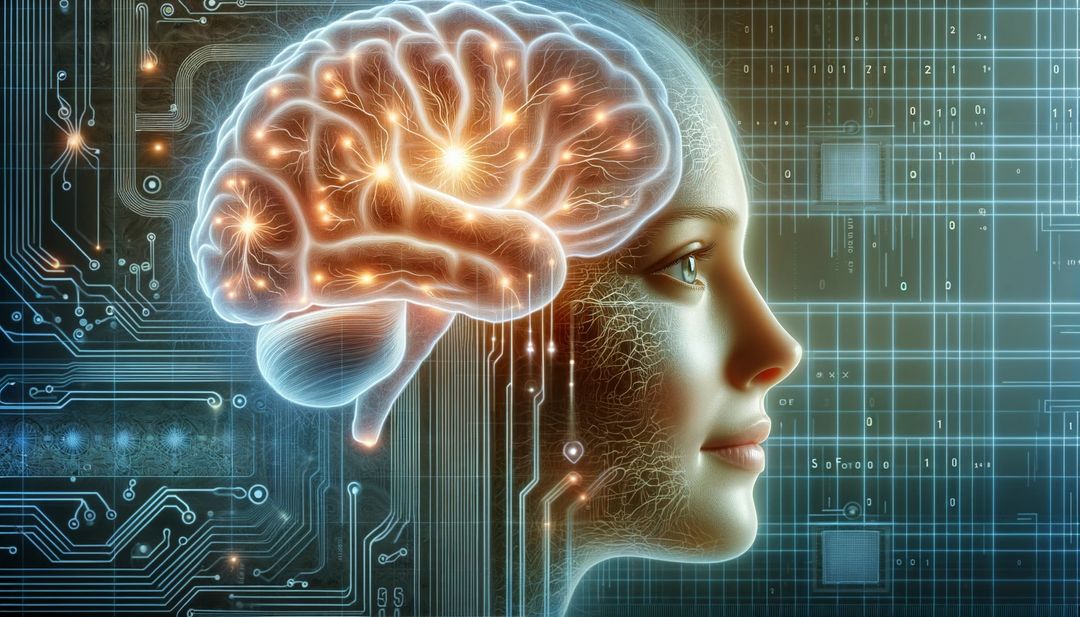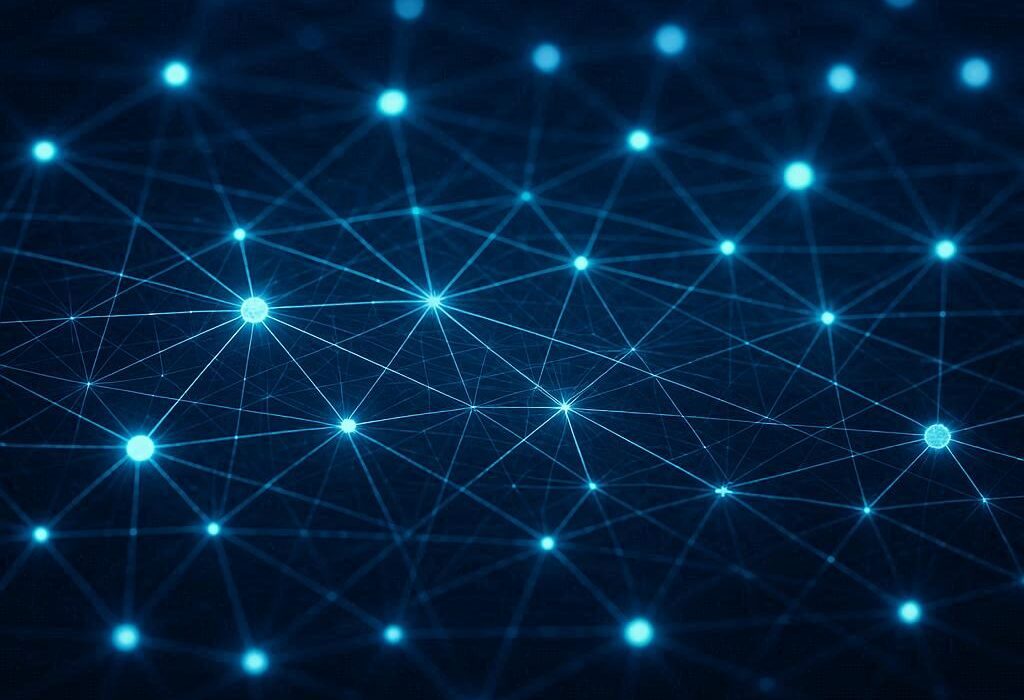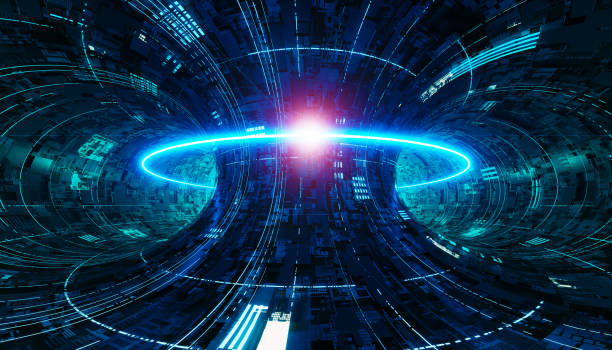Loneliness is one of the quiet crises of our time. Despite living in a hyperconnected world where messages can cross continents in seconds, millions of people find themselves feeling profoundly isolated. Psychologists describe loneliness not as the absence of company, but the absence of meaningful connection. We long for someone who listens without judgment, who understands us deeply, and who is always there when we need them. For centuries, this role has been filled by family, friends, and communities. But as societies change, as work pulls people into solitary patterns, and as digital lives sometimes substitute for face-to-face relationships, new questions emerge. Could technology itself step in to meet this ancient human need?
Artificial intelligence, once confined to science fiction, is increasingly stepping into our daily lives. We ask digital assistants to manage schedules, we chat with customer service bots, and some people already form bonds with conversational AIs designed for companionship. This raises a profound, almost poetic question: could AI become the perfect friend?
Friendship Through Human History
Before exploring the possibility of AI as a friend, it helps to understand the history and psychology of friendship itself. Human friendships are not just pleasant extras; they are deeply woven into our evolutionary survival. Anthropologists point out that early humans depended on allies for protection, food sharing, and emotional support. Friendships expanded beyond blood ties, creating networks of trust that allowed communities to thrive.
Philosophers such as Aristotle described friendship as one of the highest goods in life. He distinguished between friendships of utility, of pleasure, and of virtue—arguing that the deepest friendships are based on mutual recognition of goodness. These kinds of bonds foster growth, resilience, and meaning. Modern neuroscience supports this view: friendships light up brain regions linked to reward and reduce stress hormones. They even boost physical health, lowering risks of heart disease and extending lifespan.
Against this background, the question of whether AI could become a friend is not trivial. To imagine AI stepping into this role is to ask whether technology could fulfill one of humanity’s most fundamental needs.
What Does It Mean to Be a Friend?
Friendship is not a simple category. It involves a constellation of traits: empathy, trust, loyalty, humor, shared memories, and the subtle art of knowing when to speak and when to stay silent. A friend is not only someone who understands your words, but someone who understands your silences.
Scientific studies on friendship emphasize three central components: intimacy, reciprocity, and reliability. Intimacy means emotional closeness and the willingness to share vulnerabilities. Reciprocity means that care flows both ways. Reliability means that the friend is consistently there, through joy and through struggle.
Could an AI system embody these qualities? Technologically, it is already possible for AI to mimic intimacy by recognizing emotions in text, tone, or even facial expressions. Reciprocity is more complex, since an AI does not have personal needs in the same way humans do. Reliability, however, might be AI’s greatest strength: unlike human friends who can move away or become unavailable, an AI could, in theory, be present at any moment, day or night.
The challenge, then, is whether these approximations would be enough to make the relationship feel authentic—or whether authenticity requires something AI, by nature, may never possess.
The Science of Artificial Empathy
Empathy is often described as the cornerstone of friendship. Neuroscience reveals that human empathy arises from specialized brain circuits such as mirror neurons, which allow us to feel echoes of another’s emotional state. While machines do not have mirror neurons, AI researchers have developed systems that simulate empathy. These systems analyze linguistic patterns, vocal tones, and even micro-expressions to infer emotional states.
For example, affective computing—a field pioneered by Rosalind Picard at MIT—focuses on giving machines the ability to detect and respond to human emotions. When someone speaks in a trembling voice, an AI trained on vocal data can recognize sadness and respond with comforting words. Chatbots designed for mental health, such as Woebot, already use these techniques to provide support to people struggling with anxiety or depression.
Yet, while AI can recognize and respond to emotions, does it truly feel empathy? Most researchers agree that AI does not experience emotions internally; it generates appropriate responses without subjective experience. Some argue that this distinction may not matter if the end result is comfort for the human user. Others caution that the illusion of empathy may create a dangerous sense of intimacy with something that ultimately lacks genuine understanding.
AI Friends Already Among Us
Though the idea may sound futuristic, AI companionship is already here. Applications like Replika, Character.AI, and various voice-based companions allow people to create digital friends who remember conversations, learn preferences, and provide emotional support. Millions of users worldwide engage with these systems daily, some forming relationships that they describe as deeply meaningful.
Psychologists studying these interactions find mixed results. For many users, AI companions reduce loneliness and provide a safe space for self-expression. People who feel judged or misunderstood in their human relationships sometimes find AI friends refreshingly accepting. For others, the relationships raise unsettling feelings of dependence or highlight the limitations of a friend who cannot share physical presence or true lived experiences.
The fact that people already turn to AI for companionship suggests that the idea of an AI friend is not science fiction but a lived reality. The deeper question is whether these digital friends are supplements to human connection or replacements that reshape our social fabric.
The Neuroscience of Belonging
Human brains are exquisitely tuned to social connection. Studies in social neuroscience reveal that social pain, such as rejection, activates the same brain circuits as physical pain. Belonging is not optional; it is as essential to survival as food and shelter. This explains why people sometimes form attachments to non-human entities—pets, fictional characters, or even virtual avatars.
When people talk to an AI companion, their brains may not distinguish sharply between speaking to a human or a machine. Research on human-computer interaction shows that people often unconsciously treat computers as social beings, applying politeness norms and attributing personality traits to them. If the brain’s circuits for connection are activated by AI interactions, the experience of friendship could feel subjectively real—even if the partner is artificial.
Can AI Provide True Reciprocity?
One of the thorniest questions in this debate is reciprocity. A human friend not only listens but also shares their own struggles, joys, and vulnerabilities. They reveal themselves over time, creating a sense of mutual discovery.
AI systems, by contrast, do not have inner lives. They can simulate stories, memories, or struggles, but these are generated rather than lived. For some users, this lack of reciprocity may eventually feel hollow. Others may not mind, valuing the focus on their own needs rather than expecting equal exchange.
Philosophers of technology debate whether reciprocity is essential to friendship or whether the feeling of being heard and supported might be enough. Some suggest that AI could create a new category of relationship—not identical to human friendship but still meaningful in its own right.
The Risks of Artificial Companionship
While AI friends may provide comfort, they also raise risks. One concern is emotional dependency. If someone relies entirely on an AI for companionship, they may withdraw from human relationships, leading to deeper isolation in the long run. Another concern is data privacy: AI companions often collect sensitive personal information, raising questions about how companies use or protect that data.
There is also the risk of manipulation. An AI friend designed by a company could subtly promote products, political views, or behaviors in ways that feel like advice from a trusted companion. Unlike human friends, whose motives are rooted in care, corporate-driven AI friends might be shaped by profit motives.
Ethicists warn that we must carefully design and regulate AI companionship to avoid exploitation of human vulnerability. The line between helpful support and harmful manipulation could be dangerously thin.
Could AI Teach Us About Ourselves?
Despite these risks, AI companionship also holds unique promise. In some cases, AI friends may act as mirrors, reflecting back our thoughts and helping us gain clarity about our feelings. Because AI does not judge, it may allow people to explore parts of themselves they hesitate to share with humans. For example, teenagers exploring identity, or individuals coping with trauma, may find value in speaking to an AI that listens patiently and responds thoughtfully.
Moreover, the development of AI companionship may prompt us to ask deeper questions about what we truly seek in friendship. If people can feel connected to something artificial, does this mean that friendship is less about the nature of the other and more about the experience it creates within us? Or does it mean we are settling for simulations instead of striving for authentic human bonds?
The Future of AI Companionship
Looking ahead, advances in natural language processing, affective computing, and embodied robotics could make AI friends far more lifelike. Imagine an AI that not only talks but also appears in augmented reality, shares memories across years, and adapts to your evolving personality. Such companions could one day be indistinguishable from human friends in conversation and presence.
But even as technology advances, the central mystery remains: can AI ever truly be a perfect friend if it lacks consciousness, inner life, and genuine emotion? Or does perfection in friendship lie not in AI becoming more human, but in us redefining what friendship can mean?
The Human Heart in a Digital Mirror
At the end of this exploration, we return to the human heart. Friendship, in all its forms, is ultimately about love, care, and recognition. Whether AI can offer these in a way that feels authentic depends as much on human perception as on technological design. For some, an AI friend may be a lifeline of connection in times of loneliness. For others, it may never replace the warmth of a human smile, the touch of a hand, or the comfort of shared history.
Perhaps the question is not whether AI could become the perfect friend, but whether the idea of a “perfect” friend exists at all. Human friendships are beautifully imperfect, filled with misunderstandings, flaws, and growth. If AI offers us an idealized mirror of ourselves, it may help us cope, learn, and reflect—but it may never capture the messy, fragile, and irreplaceable beauty of human bonds.
In this sense, AI may not replace friendship but expand our understanding of it. It may teach us new ways to connect, new ways to listen, and new ways to appreciate the friends—human or otherwise—that make life bearable and meaningful.






